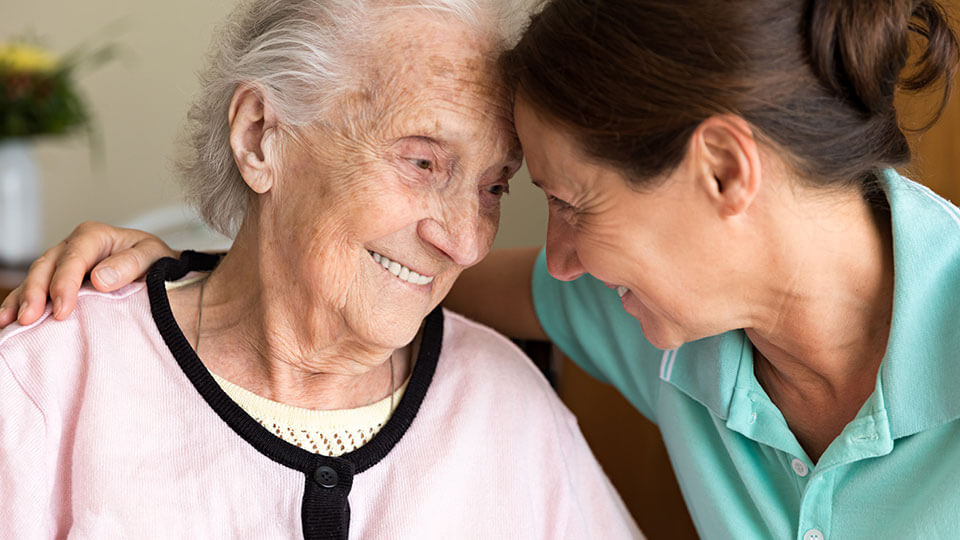Discovering the Invisible Role: Unintentional Family Caregiving
2024-02-01

The commitment of family caregivers, often overlooked, represents an essential pillar of the social fabric, significantly contributing to the well-being of individuals facing health or dependency challenges. These unsung heroes among us take on often complex and demanding responsibilities, providing invaluable support to their loved ones.
However, it is common for these dedicated individuals not to necessarily identify themselves as family caregivers, highlighting a paradox: the lack of recognition of their own role in the realm of informal care. This lack of awareness can have significant implications for both family caregivers and the individuals benefiting from their dedication. Thus, it becomes imperative to explore the underlying reasons for this unawareness and to raise greater awareness of the crucial importance of the role of family caregivers in our society.
Some Possible Explanations
There are several reasons why family caregivers may not realize that they are caregivers themselves. Here are some possible explanations:
- Lack of awareness: Many people are not aware of the exact definition of a family caregiver and the associated responsibilities. They may not recognize their role as such simply because they are uninformed about the topic.
- Normalization of responsibilities: Some individuals consider caring for a loved one as a natural extension of family love and support. They may see it as a normal responsibility and not realize that they are taking on a specific role as family caregivers.
- Gradual progression: Caregiving situations can evolve slowly over time, with increasing needs. Family caregivers may adapt gradually to these changes without realizing that they are playing an increasingly important role in their loved one's well-being.
- Focus on the relative's illness or health issue: Family caregivers may be so focused on their loved one's needs, illness, or ongoing health problem that they do not take the time to reflect on their own role in caregiving.
- Sense of familial duty: Some individuals view caring for family members as a normal responsibility and do not necessarily identify it as a particular form of assistance.
The Importance of Raising Awareness for Family Caregivers
It is crucial to raise awareness about the reality of the family caregiving role and provide information to help individuals recognize and understand this role. Acknowledging their status as family caregivers can help them seek necessary support and take care of themselves while caring for their loved ones.
Awareness helps recognize their silent contribution, highlight the challenges they face, and emphasize the need for adequate support. By educating society about the role of family caregivers, we contribute to creating a more understanding and supportive environment, promoting their well-being and that of their loved ones. Awareness is the first step toward recognizing and respecting family caregivers, acknowledging the invaluable value of their commitment within our community.
Seeking Help Before Reaching Exhaustion
It is also essential to explore external and professional solutions to support individuals facing mobility challenges, thus alleviating the often-overwhelming burden on family caregivers. Turning to companies specializing in caring for people with reduced mobility offers numerous benefits.
These external services bring professional expertise, specialized skills, and constant availability, allowing family caregivers to delegate some of their daily responsibilities while ensuring quality care. Furthermore, this provides individuals with reduced mobility with professional assistance, promoting their independence and improving their quality of life.
By embracing these external solutions, society can strike an optimal balance between the indispensable role of family caregivers and the specialized resources necessary to meet the specific needs of individuals experiencing reduced mobility.
For more information on our approach and services is available here: https://www.soinsamika.com/en/services or by contacting us at 514-543-4450.
You can also visit our frequently asked questions section:
https://www.soinsamika.com/en/about


